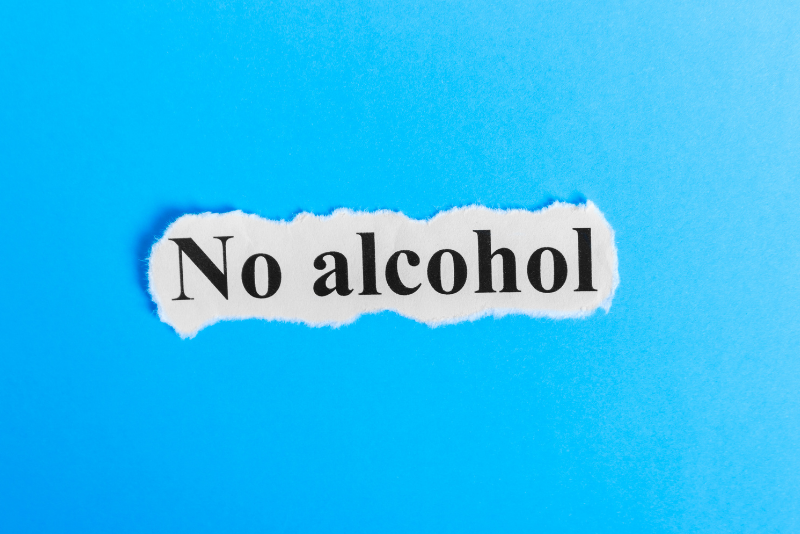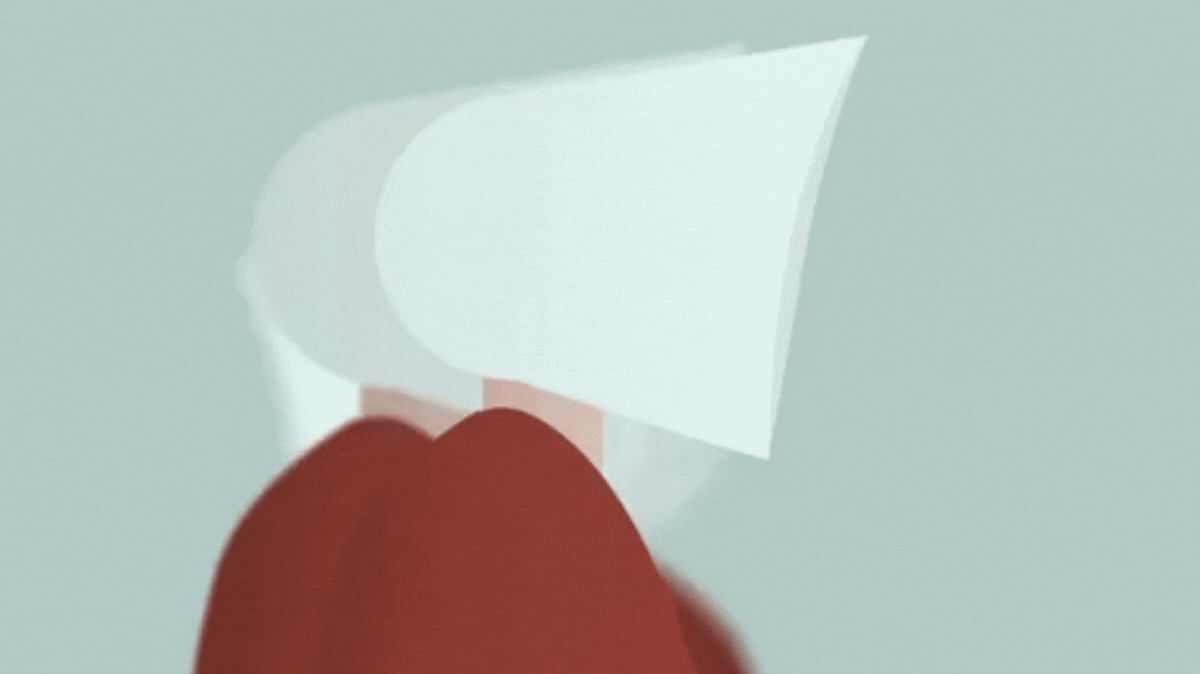All day on Friday, I kept an eye on the reactions to the news that the World Health Organisation (WHO) have suggested (in their draft Global Alcohol Action Plan 2022-2030) that women of childbearing age should not drink alcohol. The inference is that women’s bodies are for creating babies, and that they should do anything to make that process as safe and likely as possible, regardless of their personal preferences (regarding both alcohol and babies) and their, well, enjoyment. I’ve seen the jokes about how no one would ever get pregnant in the first place if they hadn’t been drinking, the calls to drink heavily to forget the misogyny, and the arguments from men that it’s not really as bad as we’re all making out.
But I’m afraid it is. There are women in this age bracket who do not want to have children. There are women who can’t have children. There are women who are only having sex with women, and will, therefore, never have an unexpected pregnancy. There are women who don’t have sex. There are women who have had children and don’t want to have any more. I am of childbearing age, but I cannot bear children anymore, because I have had my ovaries removed. So what about me? What about all these women? Why should they abstain from drinking, if drinking is something they enjoy, because they are female and of a certain age? Because their bodies could feasibly carry a child? Why is that child, who may or may not ever exist, treated with more reverence than the woman who may or may not carry it? And at what point does that child, if it is female, become unimportant too?

The heart of the matter is that this guidance reduces women. It suggests that they are nothing more than vessels, than potential mothers, mothers in waiting. It suggests that they should not have autonomy over their own bodies, should not be trusted to make their own choices. The NHS website states that there is no proven safe level of alcohol in pregnancy, and therefore the safest approach is to not drink at all. Every now and then, however, reports emerge that claim drinking the odd glass of wine in pregnancy is not harmful. Women can only read the available advice and come to their own conclusions. But at least this advice concerns women who are actually pregnant, and doesn’t take in any woman who may become pregnant at some point in the future, whether she wants to or not.
Alcohol is a drug, and it’s a dangerous one. You won’t get any argument from me on that front. But of the damage it causes, to individuals’ livers and lives, to familial relationships, to people who are victims of domestic violence, I don’t think the damage to foetuses (or potential foetuses) is a particularly significant factor. A woman is killed by a man every three days in the UK, and most are killed by someone they know. And men with alcohol problems are six times more likely to abuse their partner. If you put those two pieces of information together, it paints a pretty clear picture.
A 2020 study carried out in California found that moderate to high consumption of alcohol by fathers, prior to conception, could negatively impact offspring development. But the WHO are not suggesting that men of an age where they could potentially father a child (so pretty much men of any age, then) should abstain from drinking. Men are not seen as merely fathers in waiting, of course. Men are, surprise surprise, afforded full bodily autonomy.
Where does this policing of women’s bodies end? How long until we’re not allowed to do risky jobs or have certain hobbies just in case we are pregnant? Or are expected to avoid certain foods not only when we’re pregnant, but when we might be? In Texas, a bill has been signed that will make abortions illegal once a foetal heartbeat is detectable, which can be as early as six weeks after gestation, possibly before a woman knows she is pregnant. It’s an enormous backwards step for women, and it makes me want to throw things. Women’s ability to create human life is incredible, but it is far from all they are. Most of the women I know are intelligent, resilient, nurturing, resourceful, and supportive. If they choose to use those skills to raise children, they should absolutely do so. And if they don’t, they shouldn’t.
Blessed be the fucking fruit.

